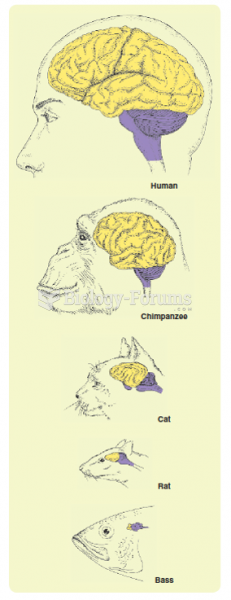The Santeria religion, derived from Africa by way of Cuba, uses the sacrifice of animals as part
of its religious ceremonies. The animals include chickens, pigeons, doves, ducks, guinea pigs,
goals, sheep, and turtles. After a sacrificial killing, the animals are cooked and eaten as part of
the religion. In 1987, the Church of the Lukumi Babalu Aye, Inc. leased land in the city of
Hiahleah, Florida, where the Church planned to build a house of worship, cultural center,
museum, and school. When residents of the city learned of these plans and expressed dismay,
the city council called an emergency meeting and declared concern that certain religions may
propose to engage in practices which are inconsistent with public morals, peace or safety. The
city council then passed city ordinances to restrict animal sacrifice. It defined sacrifice as to
unnecessarily kill, torment, torture, or mutilate an animal in a public or private ritual or ceremony
not for the primary purpose of food consumption. It also passed an exemption from this
restriction for slaughtering animals specifically raised for food purposes which would excuse
licensed slaughter houses. The Church sued the city, claiming that the ordinance violated their First Amendment right of
free expression of their religion. The city did not try to argue that Santeria is not a religion.
When the U.S. Supreme Court heard the case, the Court agreed that Santeria is a religion. The
Court also said that religious practices need not be acceptable, logical, consistent, or
comprehensible to others to be practices protected by the First Amendment. The fact that the
city council exempted other animal killings shows, the Court said, that the Santeria religious
practice was being singled out for discriminatory treatment in violation of the First Amendment
What will be an ideal response?
Question 2The Native American Church uses the drug peyote as part of their religious ceremony. Two
state employees in Oregon, Alfred Smith and Galen Black, who practiced this religion, were
fired from their jobs for this drug use. They were then denied unemployment compensation
because they were fired for misconduct. The state of Oregon bans the use of peyote in all
circumstances. About half of the states and the Federal government do permit the use of peyote
in certain religious situations. Smith and Black sued in federal court, claiming that the ban on
peyote in religious circumstances violated their First Amendment right to freedom of religious
expression.
The U.S. Supreme Court sided with the state of Oregon in deciding this case. The court noted
that the religious use of peyote was not being singled out for the ban, but rather than the use of
peyote was banned in all circumstances. If Oregon had permitted peyote use in all situations,
except religious ceremonies, that would have been a violation of religious expression.
What will be an ideal response?








